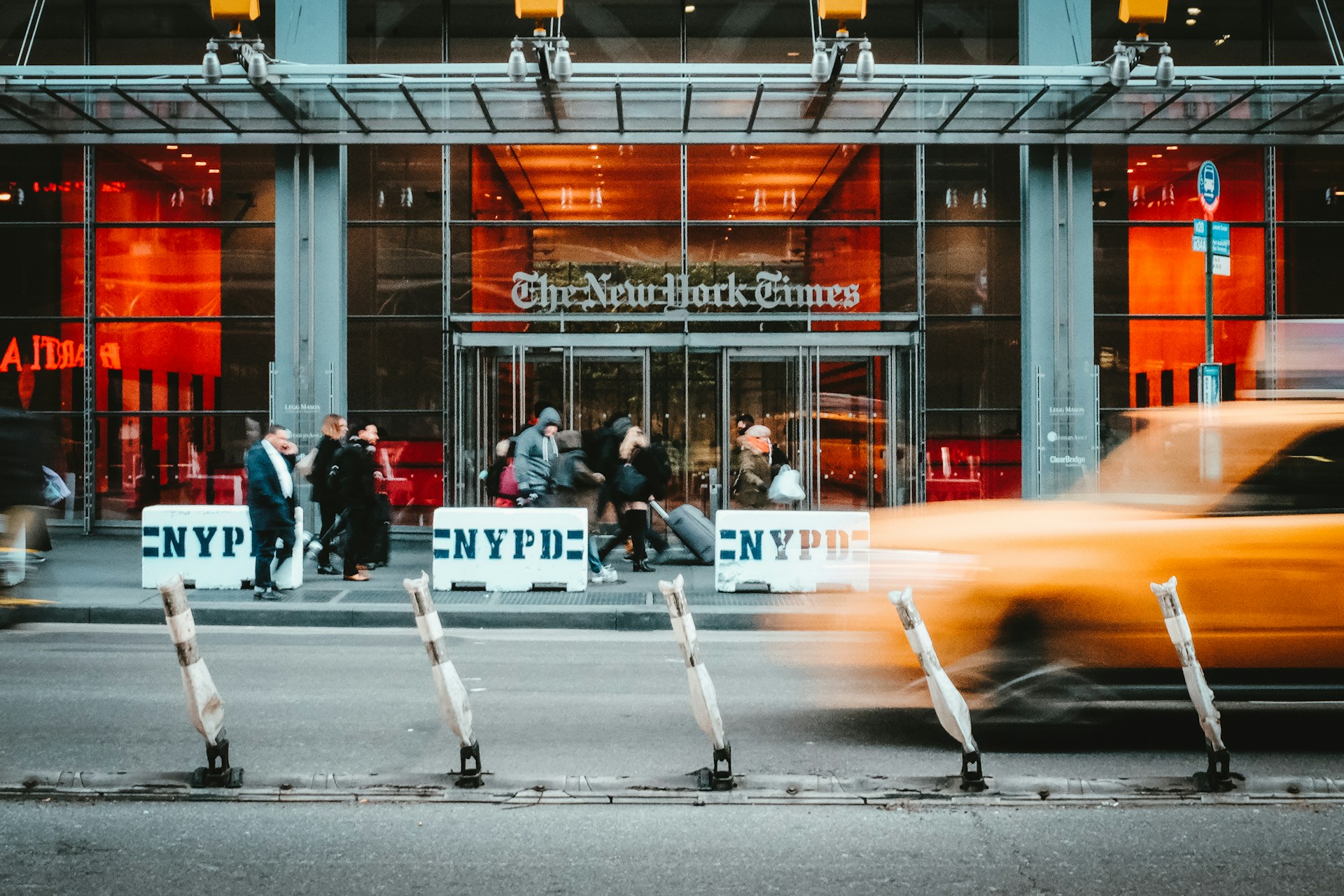Key Takeaways:
- Elon Musk dodges questions about alleged drug use during Trump’s presidential campaign.
- He shifts focus to criticizing The New York Times over past reporting.
- The NYT reported Musk’s extensive use of substances like ketamine and Ecstasy.
- The exchange occurred at a White House press conference with Fox’s Peter Doocy.
Elon Musk’s Heated Exchange at the White House
In a recent press conference at the White House, Elon Musk found himself in the spotlight not for his business ventures, but for personal allegations. When questioned by Fox News reporter Peter Doocy about reported drug use during Donald Trump’s presidential campaign, Musk sidestepped the issue and instead aimed criticism at The New York Times.
The Allegations: A Closer Look
The New York Times detailed Musk’s alleged drug use, citing multiple sources. The report suggested Musk used various substances, including ketamine, Ecstasy, and psychedelic mushrooms. It also mentioned his daily medication box containing around 20 pills, possibly including Adderall. These claims suggest a lifestyle that could raise questions about his professional responsibilities, especially during significant political campaigns.
Musk’s Deflection: Targeting the Media
When pressed by Doocy, Musk avoided a direct answer. Instead, he criticized The New York Times, referencing their Pulitzer Prize and the controversial Russiagate coverage. Musk’s approach reflects a common strategy of shifting scrutiny from personal actions to the credibility of the media, a tactic often seen in public discourse to divert attention.
Implications and Credibility at Stake
This incident raises broader questions about accountability and trust. Public figures like Musk often face scrutiny, and how they handle such situations matters. By deflecting, Musk may avoid direct answers but risks appearing evasive. This approach can impact public perception, suggesting discomfort with transparency.
For the media, challenges in maintaining trust are evident. While The New York Times stands by its reporting, the scenario highlights the tension between press freedom and accountability. It underscores the delicate balance between reporting and respecting privacy.
Journalism’s Role: Accountability in Question
Peter Doocy’s question exemplifies journalism’s critical role in holding power accountable. However, the deflection by Musk shows the obstacles journalists face in getting answers. This dynamic mirrors broader challenges in media, where scrutiny can lead to backlash and impedance of information flow.
In a world where information is vast, the media’s role is vital in sifting fact from fiction. Yet, they must navigate a landscape where public figures often dismiss uncomfortable truths. The responsibility to inform while maintaining integrity remains a constant challenge.
Conclusion: Trust and Transparency in Public Life
The exchange between Musk and Doocy serves as a reminder of the need for transparency in leadership. Public figures’ actions should align with accountability, welcoming scrutiny rather than evading it. Media must continue to hold these figures to high standards, ensuring those in power remain answerable to the public.
As media evolves, trust must be earned through fairness and relentless pursuit of truth. For figures like Musk and institutions like The New York Times, the path to maintaining trust lies in open dialogue and commitment to integrity. The public deserves clarity and openness from those they rely on for leadership and information.
